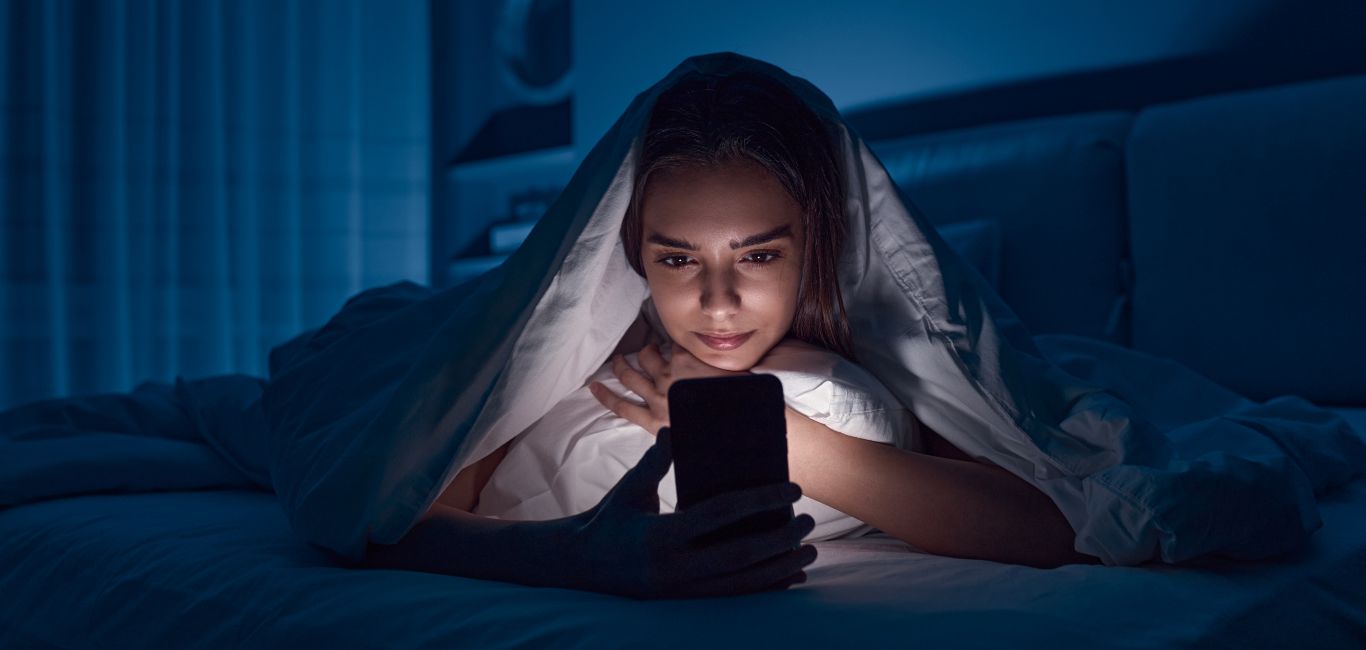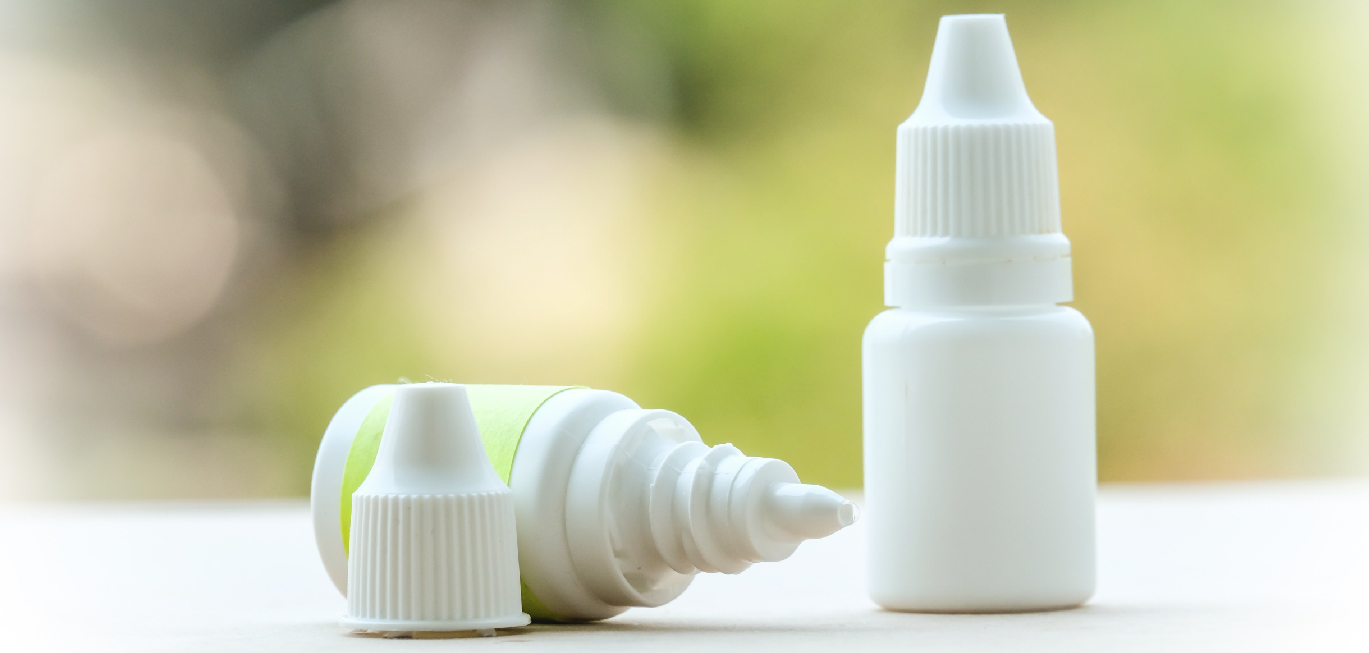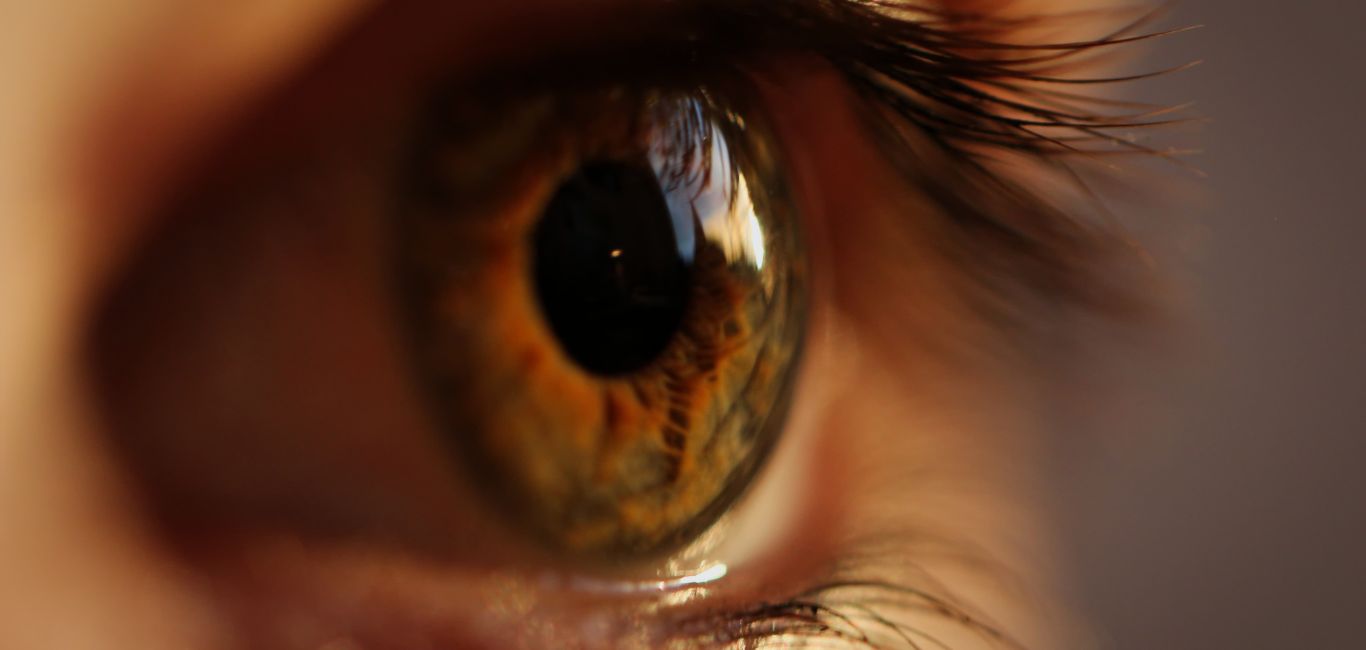
Some people experience vision loss in one eye after staring for long at their smartphone screen in the dark with one eye covered which can last for a few seconds to several minutes.
Transient smartphone blindness or TSB happens when the eye adapts itself to low light. This causes one eye to become more sensitive than the other while the second one remains adjusted to the darkness.
Surendar G, 42, from Chennai, Tamil Nadu, experienced something similar. The information technology professional works for many hours in front of a computer screen, often extending his routine to the smartphone.
He works in a remote job on the night shift and prefers to work in a dark environment. He says, “Because of the increased screen time and eyestrain due to working in the dark, I experienced dryness and redness in the eyes.”
Experts say that apart from these symptoms, lack of eye care while using a mobile phone can lead to this temporary but serious condition.
What is transient vision loss
Dr Anshikaa P, an ophthalmologist from Mumbai, says TSB is an acute but temporary and painless loss of vision caused due to staring at computer or smartphone screens while lying on bed or in a recumbent position (with one eye covered by a pillow). This is why the condition is monocular – i.e. it happens to only one eye.
She adds that it affects the retina’s photoreception function – that of capturing light and converting it into electrical signals.
According to the American Academy of Ophthalmology, temporary vision loss in one eye is more common than in both eyes (bilateral). This condition is also known as amaurosis fugax.
Read more | Everything you need to know to keep your eyes healthy.
A new-age condition
A study published in the journal Cureus points out that TSB is a condition that has been identified in recent years. Its long term implications are yet to be studied and unravelled.
The study further says this condition can also has the potential to be misdiagnosed as multiple sclerosis (a condition that affects the central nervous system) and ischemic vascular disease (reduced blood flow).
Read more | The neurological maze of Multiple sclerosis.
Effects of screentime
A study published in the journal Neurology discussed a case report of a 68-year-old woman who experienced several episodes of transient vision loss in both eyes over a period of time. She experienced the symptoms whenever she got up to go to the restroom. The vision, however, is restored after a few minutes.
It was found that she used her mobile phone to read at nighttime and at maximum brightness. She was advised to avoid using the mobile phone at bedtime. Since then, she has not had episodes of visual impairment.
In yet another study published in the International Journal of Health Sciences and Research, a case report showed that a 52-year-old man experienced similar symptoms, with transient vision loss in one eye. His problem was also attributed to excessive use of the smartphone.
Visual impairment
Dr Anshikaa says, “There could be multiple reasons for monocular loss of vision. It includes thromboembolic episodes (obstruction of blood vessel by a blood clot), and demyelinating conditions (optic nerve damage).” It is hence important to get it checked by an ophthalmologist to rule out any underlying eye conditions.
Pitfalls of smartphone use
Dr Vishad Shukla, consultant paediatric ophthalmologist and squint specialist from Dr Agarwal’s Eye Hospital, Tiruppur, Tamil Nadu, says that using a smartphone at night can also disturb our sleep pattern. “It interferes with the production of melatonin, a hormone that regulates the sleep-wake cycle,” he says.
Besides, a study published in the journal of Clinical and Experimental Optometry indicates that young adults who use smartphones for a long duration every day can face a higher risk of myopia or near-sightedness.
Dr Shukla adds, “The lockdowns during COVID-19 led to an increase in the use of smartphones by children. Parents can help children limit the usage [and prevent] certain ailments such as blurry eyes, red eyes, itchy eyes and headaches in the future.”
Read more | How to limit screen time in children.
Eye-friendly habits
Dr Anshikaa and Dr Shukla suggest following these measures for protecting our eyes
- Use smartphone in a well-lit environment and make sure you are sitting upright.
- Adjust the brightness of the mobile phone according to the ambient light. One can also turn on blue light filter settings in the phone.
- To protect the eyes, use glasses that have blue light filters and UV coating.
- Take regular viewing breaks from the screen while using mobile phones or computers. Blinking frequently while looking at the screen moisturises the eyes and prevents dryness.
- Cultivate a healthy lifestyle by limiting screen time especially before sleep
Read more | Too much screen time affecting your eyes? Try the 20-20-20 rule.

















